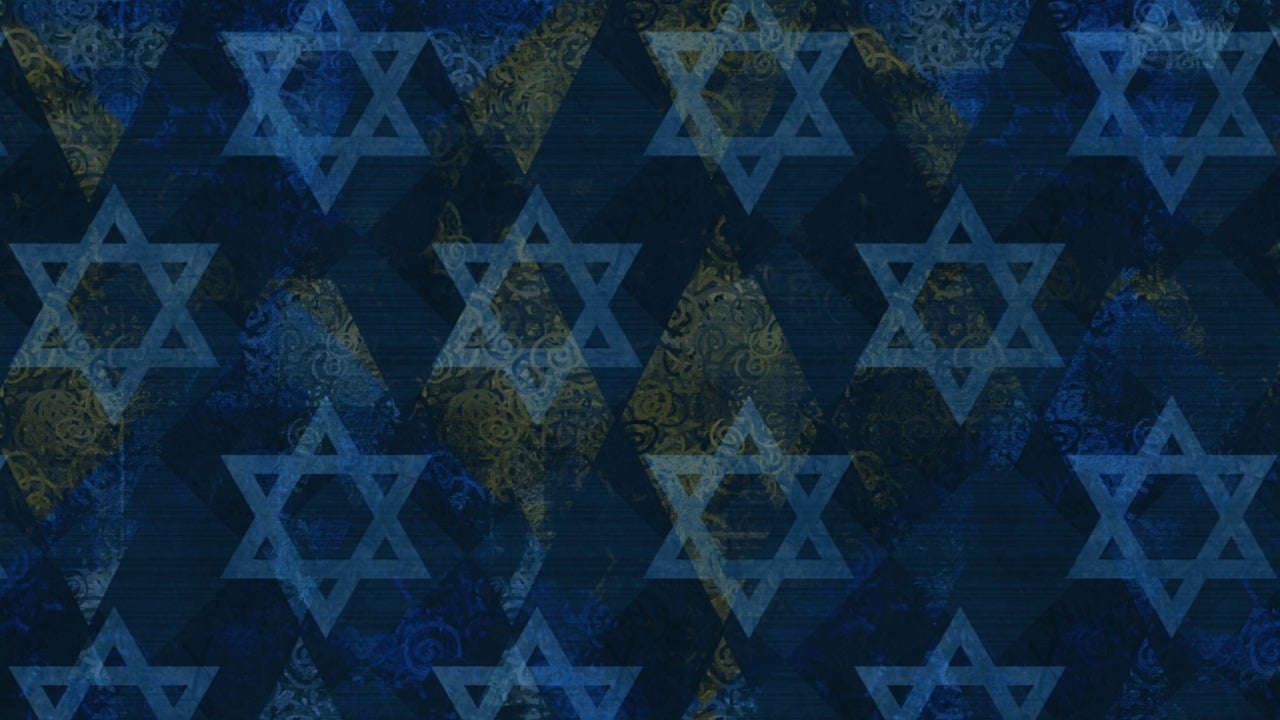Israel is cloaked in mourning. Another life brutally extinguished by an act of Islamic murder, leaving a raw, gaping wound in our collective heart. The sorrow is heavy, the shock profound. In these moments of unbearable pain, we search for answers, for meaning, for a way to comprehend the incomprehensible.
We are told we live in a democracy, a system defined by ancient Greek terms: demos, “the people,” and kratos, “power” or “rule.” “Rule by the people,” the ideal rings out, suggesting a shared responsibility, a partnership where the citizenry holds the reins of their destiny. We are taught that in this system, voters bear responsibility for political outcomes, even the most tragic ones. We are urged to believe that voting is a powerful act, conferring agency and shaping our reality.
But let us speak plainly, stripped of comforting myths in the face of harsh reality. Perhaps the truth, as painful as the murder itself, is that we in the West have, in large part, moved beyond the capacity for such responsible participation. Perhaps our societies have grown too soft, too distracted, too fundamentally decadent to bear the genuine weight that true democracy demands.
The demos envisioned by the ancient Greeks – a body of engaged, informed citizens actively participating in their governance – feels increasingly alien to our modern, Jewish reality. We have been lulled into a state of comfortable complacency, consumers of curated information and manufactured opinions rather than active participants in robust civic discourse. Self-interest often trumps collective responsibility, and the demanding work of understanding complex issues and holding power genuinely accountable has been outsourced to echo chambers and sound bites. The very fabric of civic virtue, the willingness to prioritize the common good and engage in difficult deliberation, seems tragically eroded.
Moreover, the technologies of “manufacturing consent,” far from being a theoretical threat, have been perfected into an insidious art form. Through sophisticated algorithms, targeted messaging, and the relentless curation of information flows, public opinion is shaped, guided, and, in essence, engineered. Narratives are constructed, dissent is marginalized, and the information reaching the average citizen is filtered and spun to serve particular interests. In this environment, the act of voting, while still performed, risks becoming less an expression of genuine, informed collective will and more a selection between pre-approved options within a carefully controlled framework. The kratos – the power of the people – is not directly exercised but is rather channeled and, to a significant extent, circumvented by forces adept at manipulating the public sphere.
In this context, the notion that voters bear direct, unadulterated responsibility for political outcomes, including the tragic failure to prevent such acts of murder, rings hollow. It implies a level of agency and informed decision-making that the prevalent conditions of decadence and manufactured consent actively undermine.
It is not merely that people are apathetic or choose to “grumble” rather than engage; it is that the very landscape of engagement has been fundamentally altered, making genuine, responsible participation incredibly difficult, perhaps even functionally impossible for the majority. The grumbling may well be a subconscious recognition of this powerlessness, a frustrated cry from within a gilded cage.
We mourn the victim, we condemn the perpetrator. But if we are to be truly honest, perhaps we must also mourn the state of our society itself. The ideal of “rule by the people” remains powerful in theory, but the reality we inhabit suggests a populace less able to rule responsibly and a system where the consent required for governance is less freely given than skillfully engineered.
The tragic consequences we face are not solely the product of specific votes, but symptoms of a deeper malaise: a society where the demanding partnership of true democracy has withered, leaving us vulnerable not only to external threats but also to the internal decay of our collective agency.





